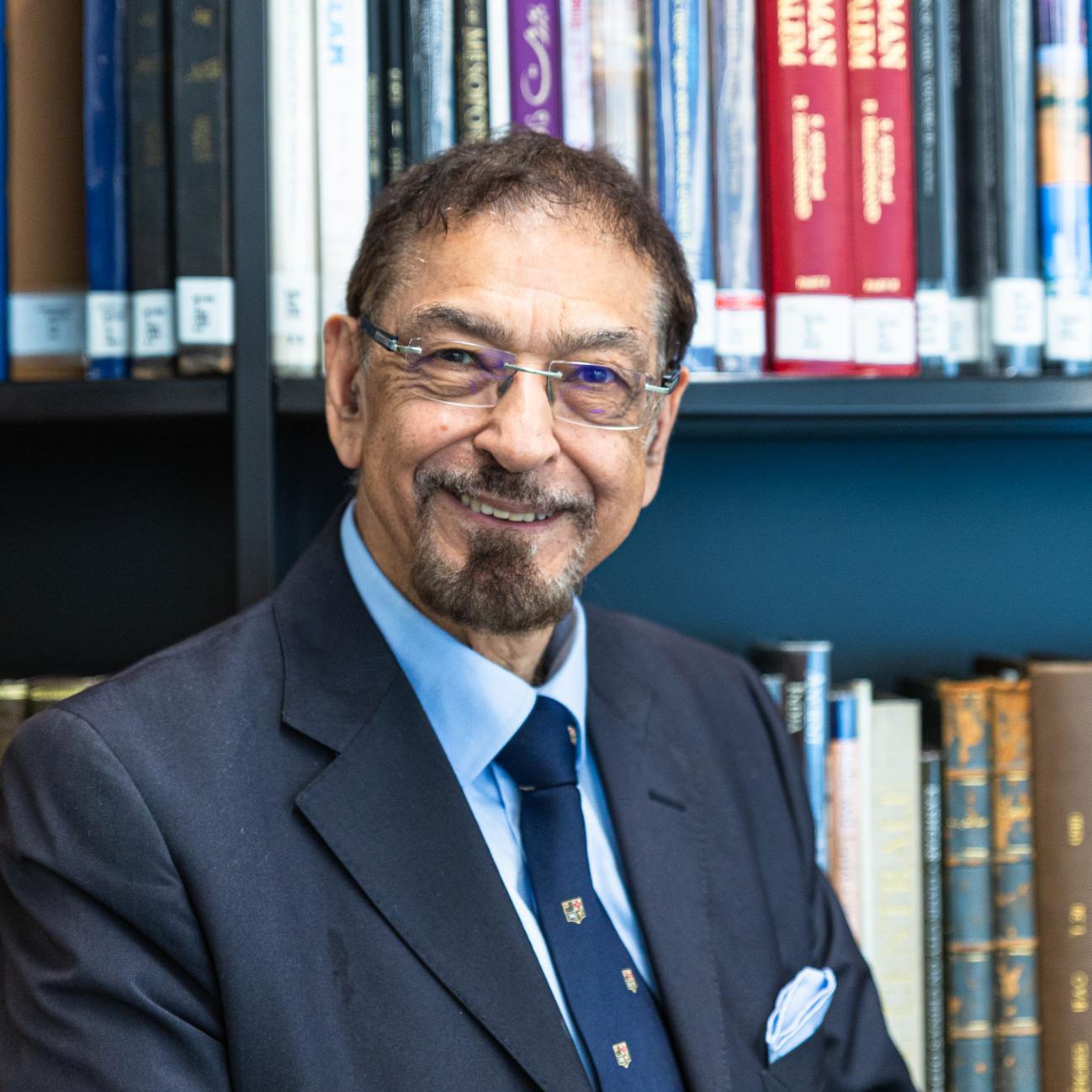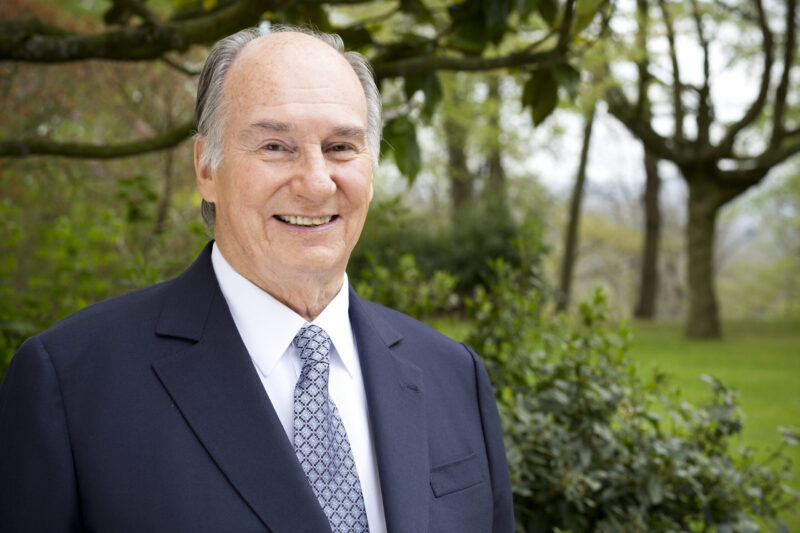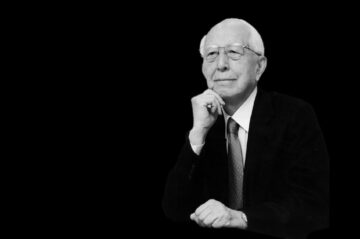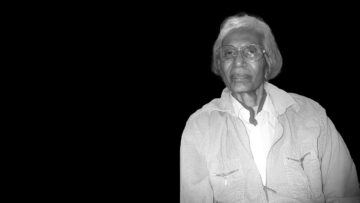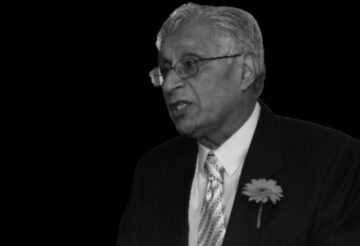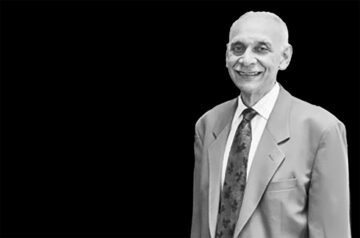Tributes to His Late Highness Prince Karim al-Hussaini Aga KhanA title granted by the Shah of Persia to the then Ismaili Imam in 1818 and inherited by each of his successors to the Imamate. IV have been pouring in from all four corners of the globe. His work has particular salience today given the present dystopic disarray in which the world finds itself bedevilled by conflict, massive climate change and major cutbacks in development aid.
In this context the tributes paid by some scholars and commentators on Muslim contemporary issues bear reflection. Ebrahim Moosa is the Mirza Family Professor of Islamic Thought in the Keough School of Global Affairs and Department of History at the University of Notre Dame. In his tribute published in the Muslim News of Britain, he highlights the late Imam’s commitment to education, and states: “In a sense [Aga Khan IV] saw in education the making of the self in service of the world, as he imagined his own role to his community and the world”. For Moosa, “the [Aga Khan Development Network] took the sustainable development goals of the UN seriously, since Aga Khan IV contributed to the advancement of development to end poverty and illiteracy… His thinking was animated by the concern that urbanisation came with ‘cataclysmic consequences’… Rural life had to be sustainable since it provided a meaningful way of life for their inhabitants.” Moosa felt that the “Aga Khan was very clear that Islam as his faith and his engagement with advancement in the world from development to science, were not matters antithetical to each other. They were for him the fulcrum of Islam.” The late Aga Khan IV deeply held to the virtue of diversity which he believed was a strength, if it did not result in conflict. “The Imam was also concerned about a loss of cultural tradition which he viewed as ‘a human inheritance.’” Quoting a ninth-century Arab poet, Abu Tammam, Moosa writes that, “Time will not produce the likes of him, indeed time is miserly with the likes of him.”
Professor Abdullah Saeed, currently Sultan of Oman Professor of Arab and Islamic Studies and Director of the National Centre for Contemporary Islamic Studies at the University of Melbourne, in a nine-minute clip lauded Aga Khan IV’s pluralistic vison. “His extraordinary contribution to pluralism, development and interfaith harmony will leave a lasting legacy for generations to come. When we think about Muslim leadership, we often imagine religious figures deeply rooted in one community or one tradition. But there are leaders who go beyond this — who embrace the diversity of the Muslim world and advocate for a vision of unity, coexistence, and shared humanity. One such leader is His Highness the Aga Khan. His leadership extends far beyond the Ismaili world.”
For Professor Masooda Bano, Professor of Development Studies at Brasenose College, Oxford, writing in The Nation newspaper of East Africa, stated “His Highness the Aga Khan was deeply committed to ensuring that women had equal access to education, stressing that as early as 1918 his grandfather emphasised the importance of educating girls , stating that if you have two children – a girl and a boy – educate the girl first. Because, when you educate a boy you educate an individual, but when you educate a girl you educate a family. Prince Karim continued this commitment by expanding access to higher education for girls from rural areas through providing university access. As a result, hundreds of young women became nurses and doctors, many of them training at the Aga Khan University (AKU) and improving their families’ quality of life.”
Noted Canadian media commentator Haroon Siddiqui, writing in the Toronto Star, stated that: “He [the Aga Khan]” was perhaps the most admired Muslim in the world. That was a miracle twice over: being respected by both the non-Muslim and Muslim worlds.” Siddiqui highlights that after the 9/11 terrorist attacks and the anti-Islam hysteria “[the Aga Khan] remained proud of his faith unlike many Muslims who distanced themselves from it.” Siddiqui says that, in a 2005 interview with him, Aga Khan IV stressed that “as a Muslim, I am a democrat not because of Greek or French thought but primarily because of the principles that go back 1400 years” to the Prophet Muhammad: “wide public consultation in choosing leaders” and “merit and competence in social governance.”
An institution builder par excellence and imbued with a genuine sense of humility and self-effacement Aga Khan IV saw philanthropy not as a choice but as part of how he understood his role as Imam in the Shia Ismaili Muslim tradition. A brilliant thinker, a committed pragmatist and an indefatigable worker he took on his responsibilities as a joy and provided hope when there was only despair. A testimony to the vision of Aga Khan IV is that his successor Prince Rahim al-Hussaini Aga Khan V spent two decades at his side shaping the contours of the institutions he had pioneered to meet the new challenges faced by the world today.

